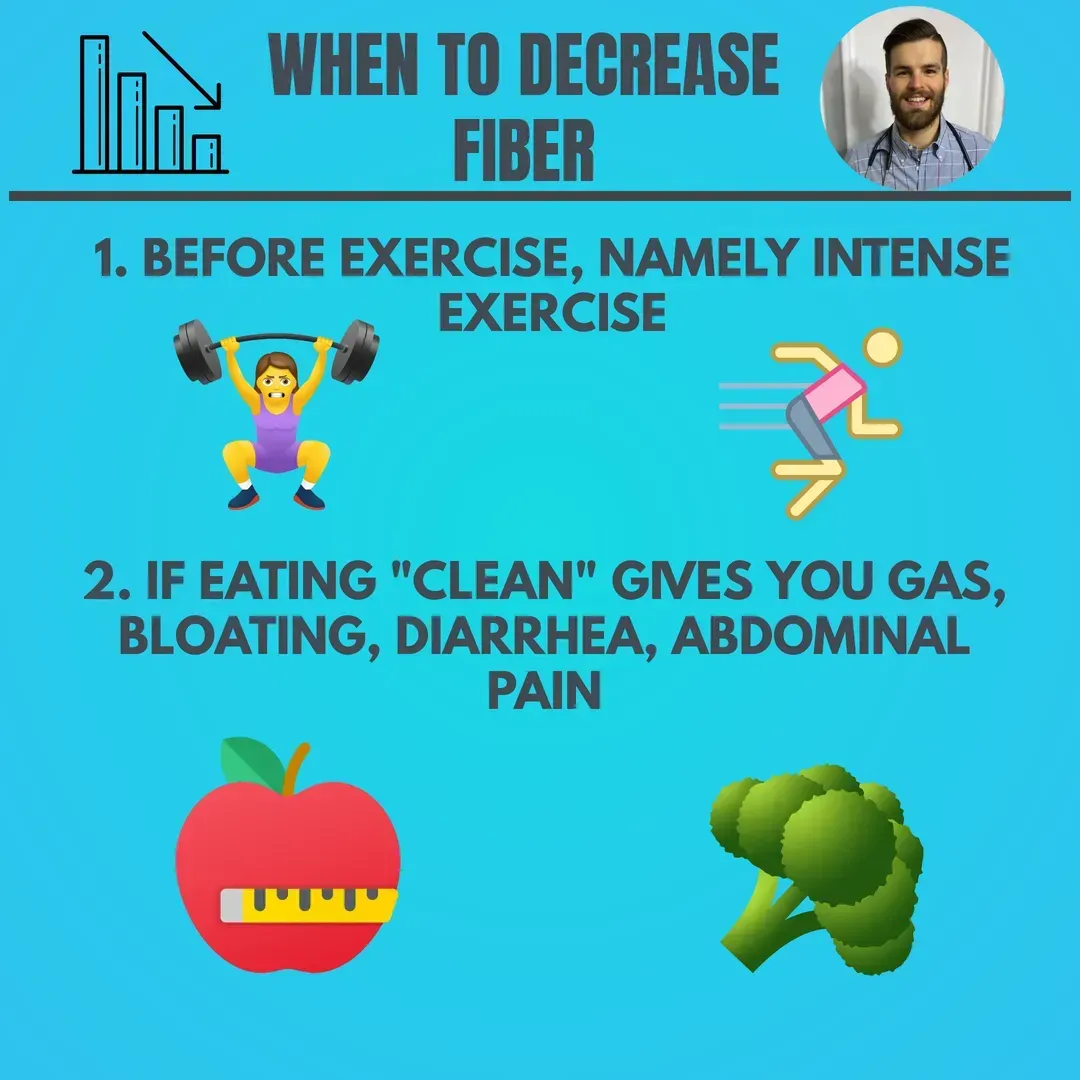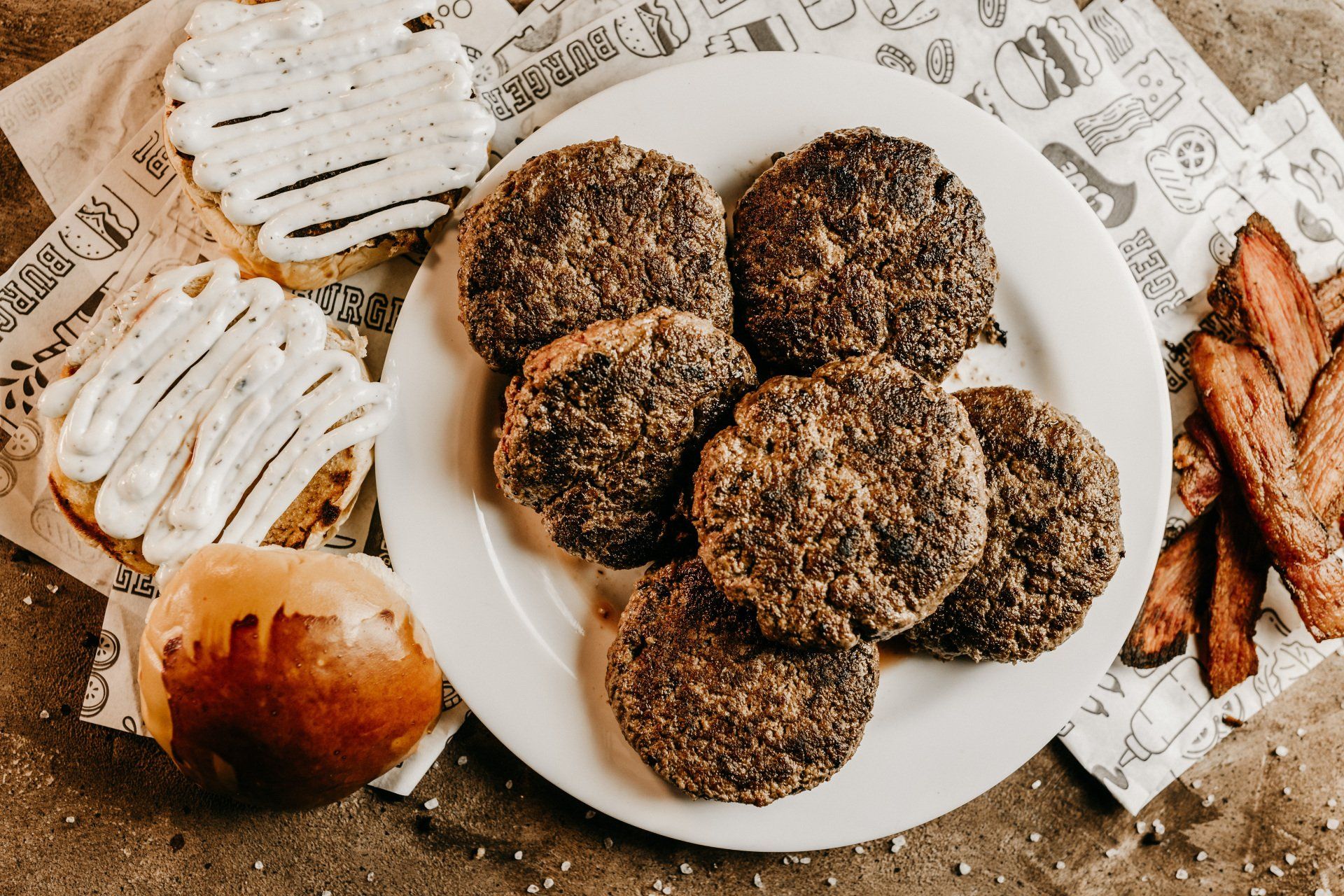Today, we’re going to talk about a topic near and dear to not only my heart and your heart, but probably your and my gut. Fiber. We’re going to talk about fiber, probably not in a way that you are accustomed to hearing about. We all know there are plenty of benefits of fiber, from cardiovascular health, to gut health directly, to appetite suppression, to favoring the growth of beneficial bacteria. But today, I’m going to talk about situations where it may be best for you to actually decrease your fiber intake. I’m going to talk about two situations in particular where that may be worth experimenting with.
1. Before Exercise
This is going to depend on the intensity of the exercise. If you’re going to engage in any sort of high intensity exercise, where your heart rate is going to be really elevated and your respiratory rate, breathing rate, is going to be super high, that tells me that it’s going to be a pretty intense exercise session. If you’re going to have a pre workout meal, I would not want it to have a lot of fiber. Why? Fiber actually slows down digestion. It’s called slower gastric emptying, which is just the rate at which food goes from your stomach into the first part of your intestine, the small intestine. GI problems were more likely to occur in those consuming fiber before a half-ironman (1). At high exercise intensities, gastric emptying slows down (2). You can hopefully see a double whammy scenario, where gastric emptying is slowed down by both intense exercise and fiber intake.
Now, if you eat a lot of fiber before you go and do a lot of intense exercise, your stomach and belly are going to feel really, really full. It’s going to be really, really uncomfortable if you’re trying to do a max out effort on the rower, or the assault bike, or if you’re trying to do a max effort deadlift or a back squat and trying to generate a lot of intra-abdominal pressure. That’s just that’s a feeling no one really wants to have to deal with. This is where sometimes you even run into situations where people have to vomit, because food is still partly in the stomach; then once you start breathing a lot, your body’s just like, hey, let’s get rid of everything in the GI tract, and it can go one of two ways. If it’s still in the stomach, it’s probably coming out of your mouth.
If you’re just going to go for a walk, or light aerobic work and your heart rate and breathing rate really aren’t going to get that elevated, then it’s still OK to eat fiber beforehand. Why this time? You’re not really going to be exercising at a rate that will start diverting blood flow from your GI tract; not at a rate that’s really going to cause you to feel really bloated and really full. But again, if you’re going to do any intense running, rowing, CrossFit, weightlifting, even something like swimming, I would try to limit the fiber intake and stick to some more simple carbohydrates like fruit or rice. If you’re low carb, maybe just experiment with fasting or maybe just a few eggs.








